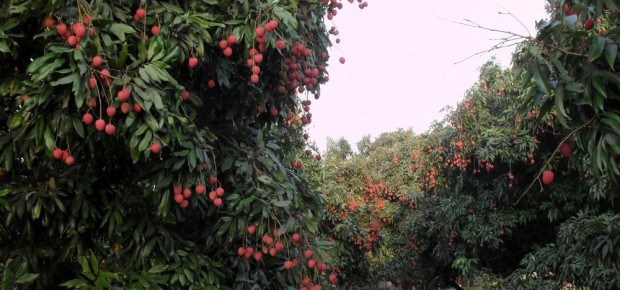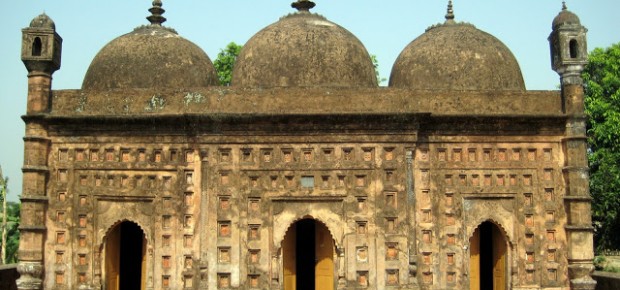
Dinajpur (Greater) – northern most district of barind and fertile land with rich and diverse culture and history. Thakurgaon and Panchagarh districts in the north, Gaibandha and Joypurhat districts in the south, Nilphamari and Rangpur districts in the east, and the state of West Bengal, India in the west. Total area 6,652.13sq.km. (3437.98+1809.52 and 1404.63). Situated at 25.63 Latitude and 88.63 Longitude. Annual average rainfall of 2,733mm. Mostly dry and painfully cold at around 10 degree centigrade- November to March in winter and coercingly hot at upto 42 degree centigrade in the summer – June to early August.
Literacy rate is only 43.80% – 49.86% male and 37.37% female (census 2001 for details please ref. statistics – education) of the total population. Per capita income is 2nd lowest in the country.
Objective of this portal – To help develop the society in terms of its traditional values, social justice, integrity, economic and financial uplifting; ”thereby, to help necessary development of the education of the people to build a ‘knowledge society’, as its main focus”. There is also a perspective embedded deep in its notion to help build a rational society integrating all of its diverse thoughts and culture.
Also it will endeavour to assimilate information, data and statistics on greater Dinajpur’s social and economic paradigm to help make economic and social decisions that may move the society in progressive manner to help end or eradicating poverty, our greatest enemy.
Ways we follow – It is only to propagate, but not in any means enforce the relevant subjects. The intent is to bring about a possible yet effective methodology to assimilate knowledge in its diverse nature to educate the masses, and to help achieve the goal of prosperity in all spheres of living.
Its Education – “Perceived to be fundamental and resources for all developments”. Various efforts need to be initiated to improve the quality of education and skills that can be employed to improve lives, in addition to improve the thinking pattern for mental and psychological clarity.
Primary to Higher Secondary education and Technical education –vocational and alike, is targeted to churn out opinion to bring in ways to change and “improve on” for its pragmatic applications.
Its Culture – Understating the current practices based on religion, customs and traditions i.e. prevailing political philosophies. If possible, to close in on the diversity only to co-exist with understanding and accepting the diverse debates as prolific norms of a society that ‘think’. Thinks to accommodate different human demands, necessities and natural behaviours that necessitates a proper moulding to uphold a colourful society. Formulating and implementing efforts to help in the long term, which will build a rational, compassionate and cooperating coexistence in the society.
Environment – Not only the social environment but the physical environment in terms of its water resources, carbon management and retaining nature’s balancing powers to maintain a sustainable ecology. Having set the objective, the primary goal is to create awareness through spreading of information and engaging the right elements of the society to help cure the environmental weaknesses.
Important note – Please feel free to comment, share and contribute to this website. Any information, statistics, essays, photos, songs in fact anything that relates to greater Dinajpur can be forwarded to us. You may also look into the existing contents and help improve on it (use the ‘contact us’ menu or sent your comments to [email protected] ). All information/statistics (in Bangla or in English) provided should be from official or authenticated verifiable sources and need to be quoted.
Admin- dinajpurbd.com



































